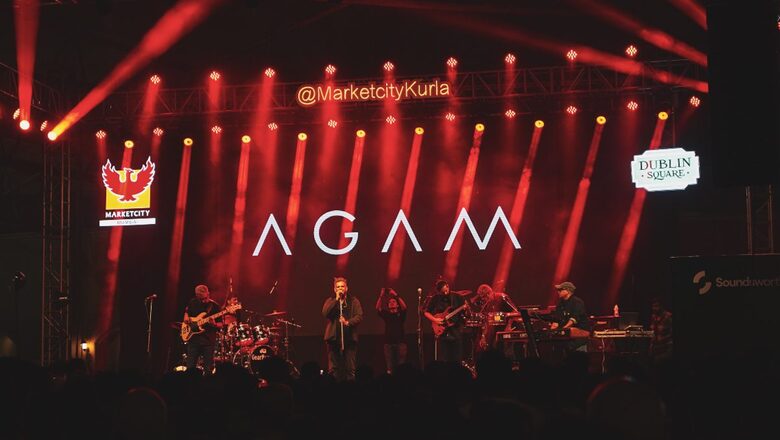
views
Agam, a groundbreaking Indian rock band, has made a space for themselves in the modern music world by skillfully fusing rock’s ferocity and vigour with traditional Indian classical music. The band’s name, Agam, means limitless in Sanskrit, and the band’s music lives up to its moniker in every way. Agam was founded in 2003 in Bengaluru, India, and has since received both national and international recognition.
We must admit that the band’s latest performance in Mumbai’s Dublin Square in Phoenix Marketcity left us thirsty for more. From the heartfelt ‘Rangapura Vihaara’ to the timeless ‘Mist of Capricorn’ and all in between, Agam never once failed to hold the audience by the breath. The evening may be accurately described as a classic music celebration for anyone who respects music. We forgot to mention the renowned ‘Boat-race,’ which this time captivated Mumbaikars in its pure spirit.
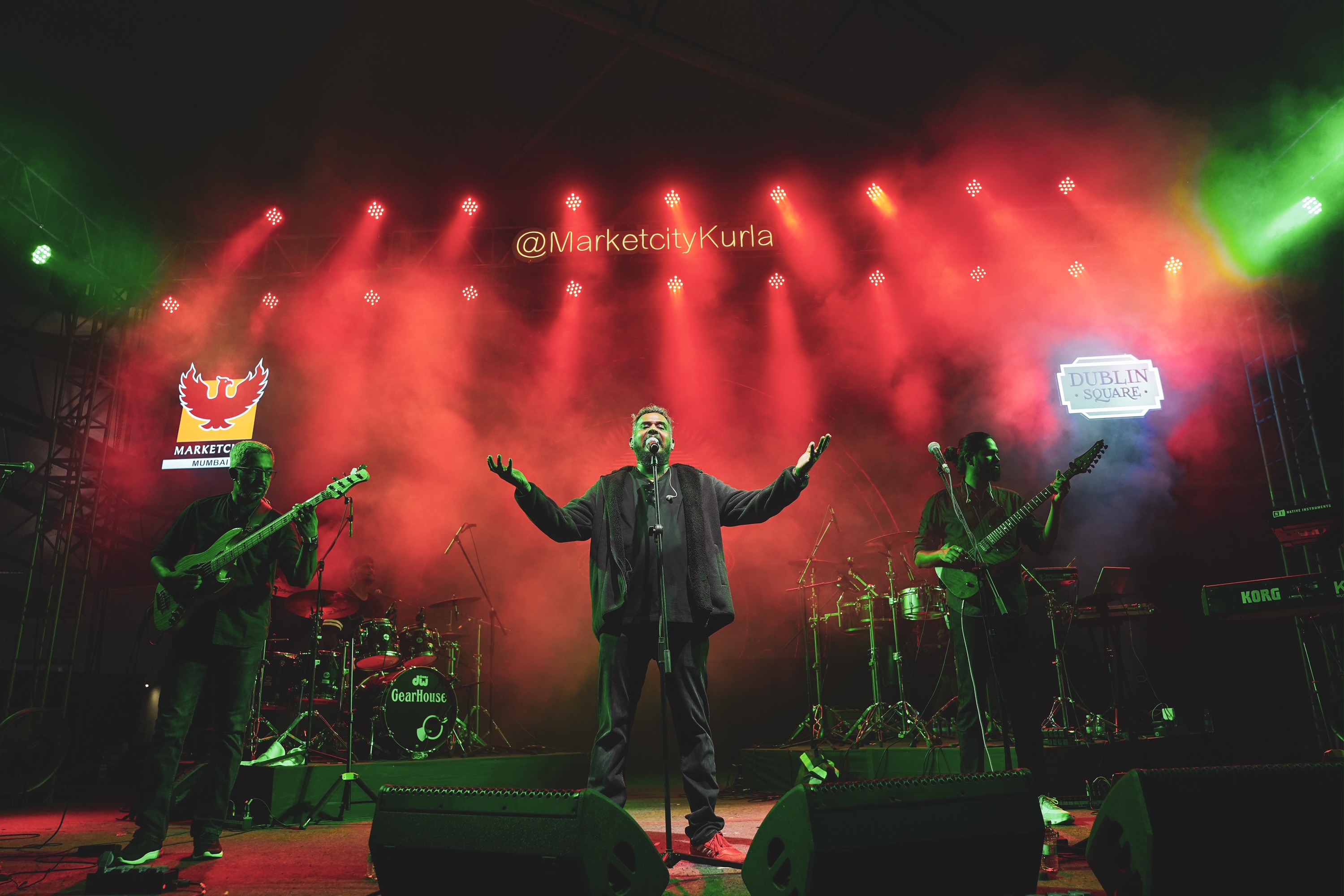
Harish Sivaramakrishnan (vocals), Swamy Seetharaman (keyboards and lyrics), T Praveen Kumar (lead guitar), Aditya Kasyap (bass guitar and backup vocals), Sivakumar Nagarajan (ethnic percussions), Jagadish Natarajan (rhythm guitar), and Yadhunandan (drummer) make up the group’s present roster.
We have the guitarist Praveen Kumar, keyboardist Swaminathan Seetharaman and bass guitarist Aditya Kasyap talking to us in this exclusive chat with News18.com.
Excerpts from this interview:
Since the beginning of the band in 2003, we have been keen to discover more about what makes Agam tick. What is the origin of the name?
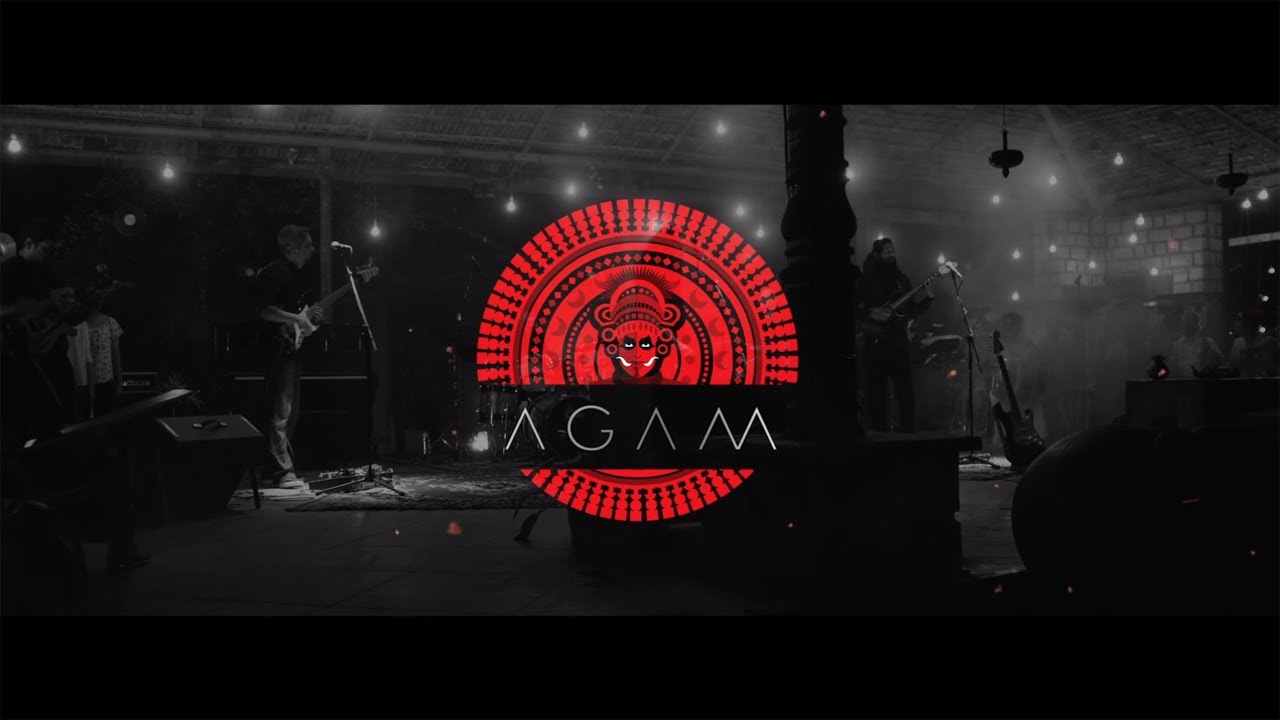
Agam actually is a word in Tamil which means inner self. We wanted to be unique and we wanted the name to be short and so that people can easily remember and recollect. But from how it resonates with how we write music is and the thing that we create is a reflection of our own emotions and each of us bring our own emotions and that sort of bands out as in the arrangement.
You guys have played at multiple venues and events throughout the world. What is one of your most vivid memories, and how have your experiences been thus far?
A couple of them actually. I think the special is when we go back to our hometown Bangalore, where we have a full house. So whenever we go to a show and we see people singing our songs, I think it’s like a moment of bliss. It’s like a focus and we see a lot of people singing and you literally don’t know what’s happening around you.
Agam’s popularity has grown beyond India’s borders. How do you envision your music changing to appeal to a global audience while preserving its cultural roots?
I think, firstly we are really privileged that we are given an opportunity to play not only in India but across the world. The influences that we bring in to Indian classical music range from metal to heavy metal to progressive rock to jazz as well as other style elements. And wherever we have gone across different countries people have picked up those different elements and they have liked them. So one of the reasons why we have a fan base across the world is because of these different elements. But the backbone of the music that we play is Indian classical music. And truth be told globally or locally, it thankfully hasn’t gone out of style.
The diverse talents of each member of AGAM are brought to the ensemble. How can you foster individualism while acting as a cohesive team?
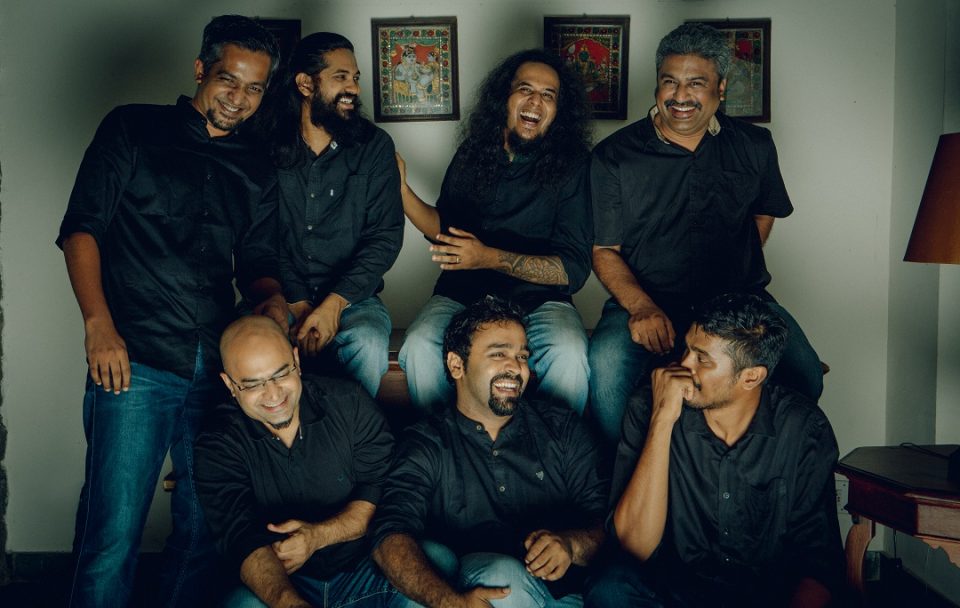
We are our biggest critics and we give full freedom to every individual in the band to add what the person thinks when they hear a song. And therefore on the bass guitar, I put in my responses to the music that I listen to, which could have been created by Harish, could have been created by Praveen, could have been created by Swami. I put in my responses and then we iterate from there. What that does is two good things and one bad thing. The two good things that it does is, at every point in time as we seek to become better musicians, it kind of our different influences in each instrument comes through in our music and therefore the sound of Agam has definitely changed from the first album to the second and will change in the third. That’s the one good thing. The second good thing that it does is, it brings in multiple styles of music.
Indian classical influences are frequently used in the music you play. How can modern rock and conventional contemporary music coexist harmoniously?
We don’t go back to our songs and analyze saying, is this a little less Carnatic, more Carnatic? Is it more metal, less metal? We don’t do that. We play Carnatic music with the influences that all of us have and that is Carnatic progressive rock. After we started playing it, it got defined as Carnatic progressive rock. I think the other thing here is we try to keep the soul of the raga that we pick in a composition intact. We can be progressive about it by adding and blending ragas that are near and dear. But more often than not if you listen to an Agam song, you will find it heavy. You could find it heavy, you could find it progressive rock, you could find it a bit jazz. But undeniably, it’s the fact that you will know that it’s an Indian classical song. I think that’s how we do it.
A post shared by Agam (@agamtheband)
What words of wisdom would you like to impart to budding musicians and bands hoping to keep their place in the music business?
So my advice to musicians who want to make it in the industry is it is a journey, and therefore if you don’t see success the way you envision it within the first few tries, it’s okay. Just keep at it, it would be fine. I think be bold, be true to yourself. I think you should iterate and keep pushing and marching forward, because everything that you do, every song you write is a step forward, so you should just move forward. For me it’s about creating your own identity, and that identity should reflect who you are,
How did you find the second time you performed at Dublin Square?
A post shared by Phoenix Marketcity – Mumbai (@marketcitykurla)
It’s our second time here and we all were super, super happy to be playing at Phoenix. It’s an open space. What we really love about playing at Phoenix is, unlike a lot of other places where if you’re playing at a pub, there’s always an age limit, but in Phoenix we’ve got texts on our social media about parents wanting to bring their kids to the show. We’ve heard about senior citizens who’ve heard our music writing to us saying whether they can come and see, and therefore what’s really exciting about Phoenix Market City and playing at Dublin Square is, we are genuinely happy that we are opening out the concert to a far wider audience, and we’re opening out to many more people who listen to our music, but because of other constraints couldn’t have made it before. So it definitely feels like an open space, and it feels like an open space also from the point of view of opening itself out to many people coming in.
What's your reaction?












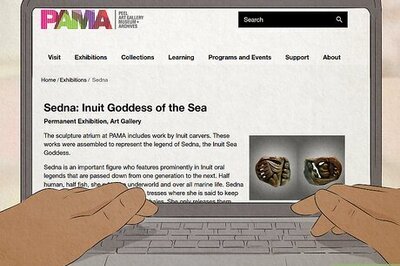




Comments
0 comment